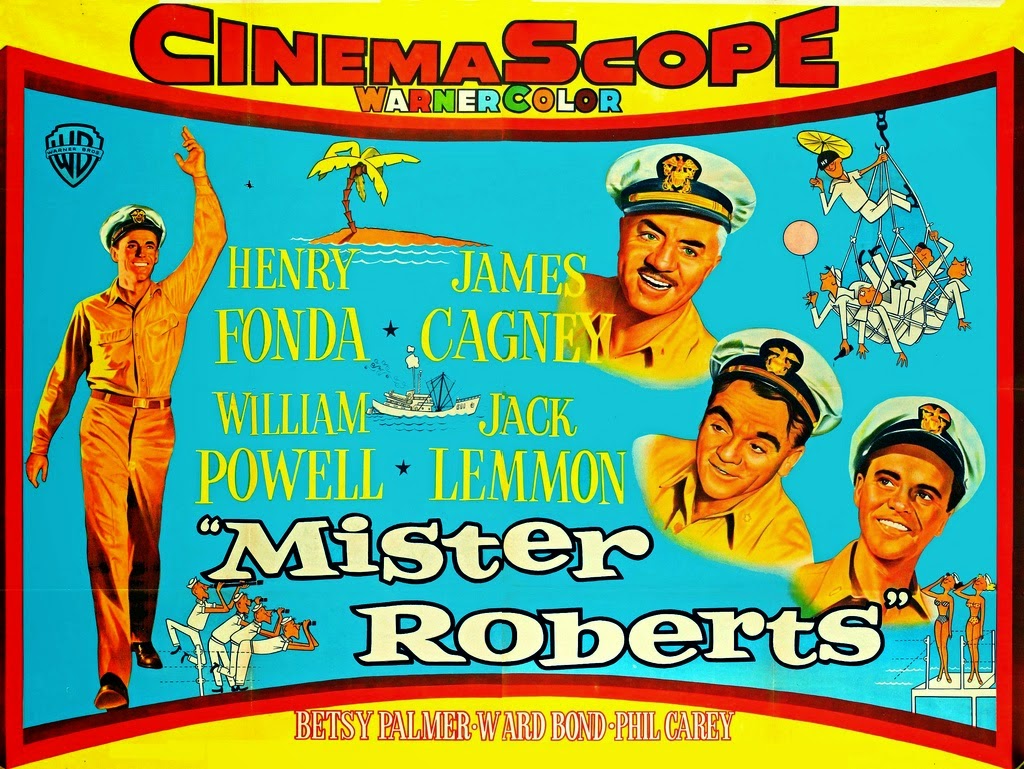IMDB Link
IMDB Rating: 8,3
Director: David Lean
Main Cast: William Holden, Alec Guinness, Jack Hawkins, Sessue Hayakawa, James Donald
"The Bridge on the River Kwai ranks as one of the greatest films of all time and arguably director David Lean's best film. At the heart of the film is the performance of Alec Guinness as the obsessively principled Colonel Nicholson. In a lesser film, his character might be simplified into a heroic martyr, but The Bridge on the River Kwai revels in its moral ambiguity: no significant character is either purely a hero or purely a villain. Filmed in Ceylon (now Sri Lanka), the film features brutal prisoner-of-war work camps that are nonetheless considerably nicer than their historical counterparts, a good decision since it frees the audience to focus on the battle of wills, at first between Nicholson and Saito (Sessue Hayakawa), later between Shears (William Holden) and Warden (Jack Hawkins). The film's closing line ('Madness... Madness') is among the best-known and most enigmatic closings in screen history.
Bridge on the River Kwai won seven Academy Awards, including Best Picture, Best Director for the legendary British filmmaker David Lean, and Best Actor for Guinness. It also won Best Screenplay for Pierre Boulle, the author of the novel on which the film was based, even though the actual writers were blacklisted writers Carl Foreman and Michael Wilson, who were given their Oscars under the table." - www.allmovie.com



















